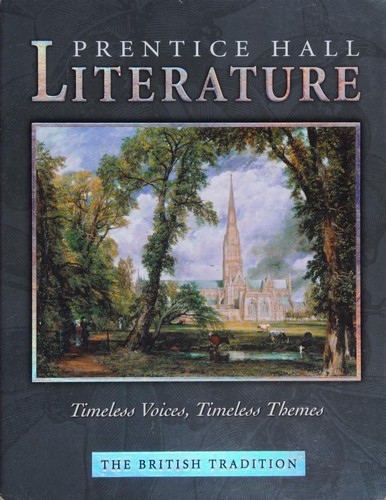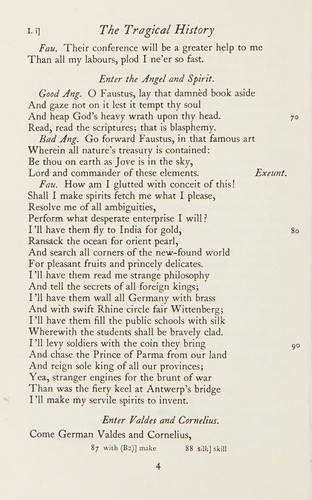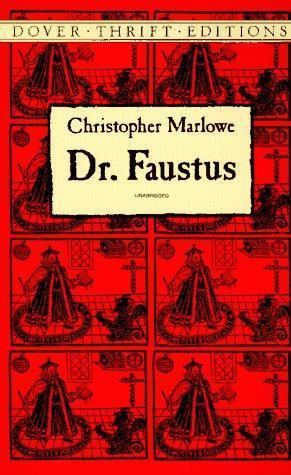Christopher Marlowe, also known as Kit Marlowe (; baptised 26 February 1564 – 30 May 1593), was an English playwright, poet and translator of the Elizabethan era. Marlowe is among the most famous of the Elizabethan playwrights. Based upon the "many imitations" of his play Tamburlaine, modern scholars consider him to have been the foremost dramatist in London in the years just before his mysterious early death. Some scholars also believe that he greatly influenced William Shakespeare, who was baptised in the same year as Marlowe and later succeeded him as the pre-eminent Elizabethan playwright. Marlowe was the first to achieve critical reputation for his use of blank verse, which became the standard for the era. His plays are distinguished by their overreaching protagonists. Themes found within Marlowe's literary works have been noted as humanistic with realistic emotions, which some scholars find difficult to reconcile with Marlowe's "anti-intellectualism" and his catering to the prurient tastes of his Elizabethan audiences for generous displays of extreme physical violence, cruelty, and bloodshed.Events in Marlowe's life were sometimes as extreme as those found in his plays. Differing sensational reports of Marlowe's death in 1593 abounded after the event and are contested by scholars today …
Christopher Marlowe
Author details
- Born:
- June 28, 1564
- Died:
- May 30, 1593
External links
Christopher Marlowe, also known as Kit Marlowe (; baptised 26 February 1564 – 30 May 1593), was an English playwright, poet and translator of the Elizabethan era. Marlowe is among the most famous of the Elizabethan playwrights. Based upon the "many imitations" of his play Tamburlaine, modern scholars consider him to have been the foremost dramatist in London in the years just before his mysterious early death. Some scholars also believe that he greatly influenced William Shakespeare, who was baptised in the same year as Marlowe and later succeeded him as the pre-eminent Elizabethan playwright. Marlowe was the first to achieve critical reputation for his use of blank verse, which became the standard for the era. His plays are distinguished by their overreaching protagonists. Themes found within Marlowe's literary works have been noted as humanistic with realistic emotions, which some scholars find difficult to reconcile with Marlowe's "anti-intellectualism" and his catering to the prurient tastes of his Elizabethan audiences for generous displays of extreme physical violence, cruelty, and bloodshed.Events in Marlowe's life were sometimes as extreme as those found in his plays. Differing sensational reports of Marlowe's death in 1593 abounded after the event and are contested by scholars today owing to a lack of good documentation. There have been many conjectures as to the nature and reason for his death, including a vicious bar-room fight, blasphemous libel against the church, homosexual intrigue, betrayal by another playwright, and espionage from the highest level: the Privy Council of Elizabeth I. An official coroner's account of Marlowe's death was revealed only in 1925, and it did little to persuade all scholars that it told the whole story, nor did it eliminate the uncertainties present in his biography.
Books by Christopher Marlowe

Prentice Hall Literature: Timeless Voices, Timeless Themes
by Mary Wollstonecraft, Charles Dickens, Lord Byron, and 119 others

